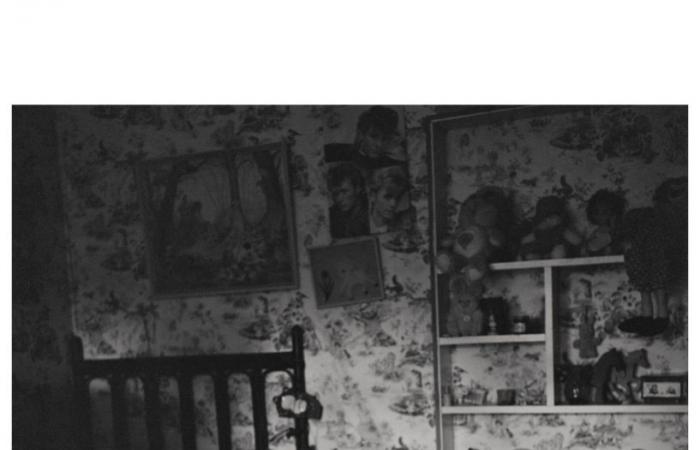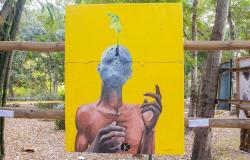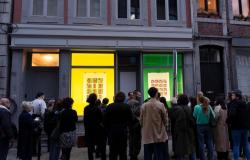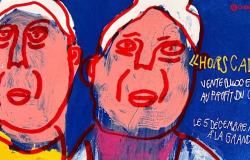Until December 14, the Center for Contemporary Photography in Collingwood presents P.NORTH an exhibition by Kathryn McCool, following the publication of a book of the same name. In this work, the photographer explores rural regions of New Zealand and Australia, mainly in the 1980s and 1990s, capturing the dynamics that connect the inhabitants to their territory.
The title P.NORTH does not refer to a place in the most precise sense of the term. Rather, it is the name of a trip by photographer Kathryn McCool to rural New Zealand and Australia. During this wandering, the photographer became interested in the people who shape these landscapes and the way in which these landscapes shape them. The series wanders between decades, mixing places, portraying people and dissecting the more or less palpable dynamics that connect them. In doing so, the author immerses herself in her own questions around memory, faith and human relationships, thus painting a social fresco rich in irony and dignity.
A busy and floating social setting
Made as Kathryn McCool was nearing her late teens, this series of portraits and location images was shot on black and white film with a Rolleiflex camera. The result is a collection of simple, unvarnished images. Over time, this body of work has established itself as the endearing and poignant testimony of a photographer at the very beginning of her career.
The context of this work? The neoliberal restructuring of the New Zealand economy and its devastating impact on the rural and working classes. The young author therefore represents a country and a way of life in full change. Between humanist and documentary photography, P. NORTH reveals a charged and floating social setting. Shopkeepers, young people, the faithful, young children and animals populate his photos and mingle with indefinable landscapes and small sleepy towns. With his particular photographic touch, McCool manages to diffuse an elusive atmosphere. “Shifting focal points, analog detritus and incursions into the frame – by a wandering arm, a shadow or a ball – evoke both tenderness and unease” specifies its publisher. The images have weight, impose an ambiguous presence: the places, from disturbing to benign and from benign, to distressing. Humans appear in all their complexity as well as in their permanent effort to make themselves understood. A research that the artist defines as a form of“awkward intensity” and of « connexion » in the photographic exchange.






